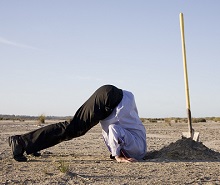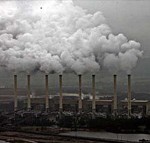 ‘Tipping point’ is a metaphor, first used by science and the media about climate change from about 2005 as this article explains. The metaphor has become topical now because some of the most senior climate scientists on the planet have used it to warn everyone, just before the nations of the world meet in the Conference of Parties of the UNFCCC meet in the first two weeks of December, as they do every year, this time in Madrid, to plan an international response to what was identified in the Rio Earth Summit as dangerous anthropogenic interference [DAI] with the climate system”.
‘Tipping point’ is a metaphor, first used by science and the media about climate change from about 2005 as this article explains. The metaphor has become topical now because some of the most senior climate scientists on the planet have used it to warn everyone, just before the nations of the world meet in the Conference of Parties of the UNFCCC meet in the first two weeks of December, as they do every year, this time in Madrid, to plan an international response to what was identified in the Rio Earth Summit as dangerous anthropogenic interference [DAI] with the climate system”.
The article, commentary rather than research – Climate tipping points — too risky to bet against – is freely available at Nature. The authors are Timothy M. Lenton, Johan Rockström, Owen Gaffney, Stefan Rahmstorf, Katherine Richardson, Will Steffen and Hans Joachim Schellnhuber with the message;
The growing threat of abrupt and irreversible climate changes must compel political and economic action on emissions.
Continue reading Has the climate tipped? →


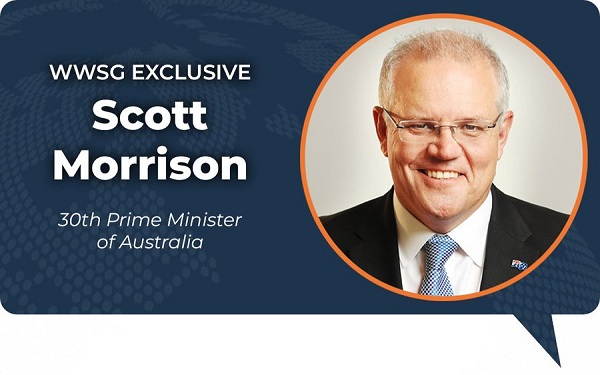
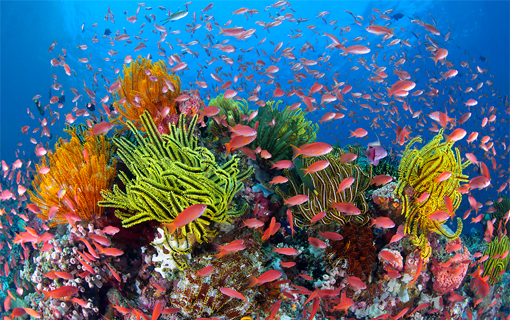



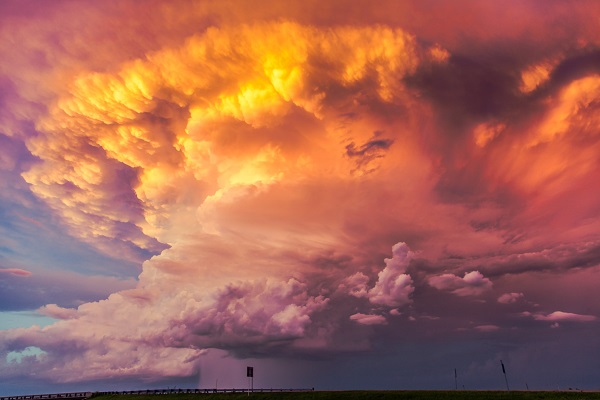
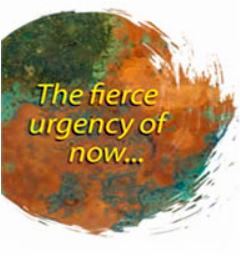
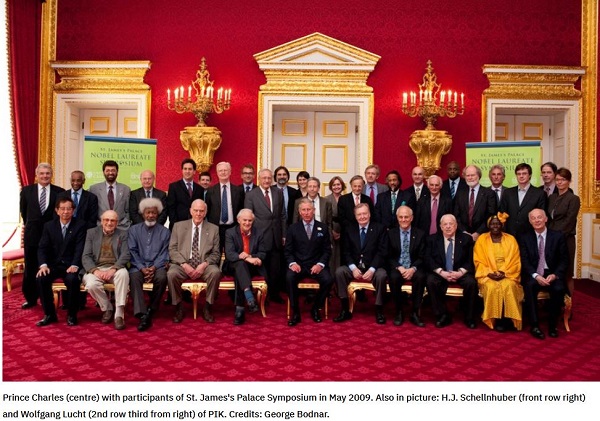
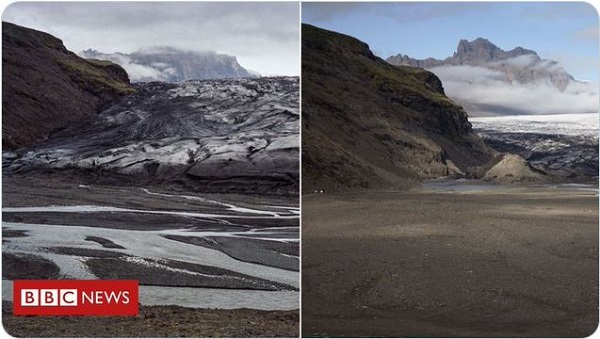
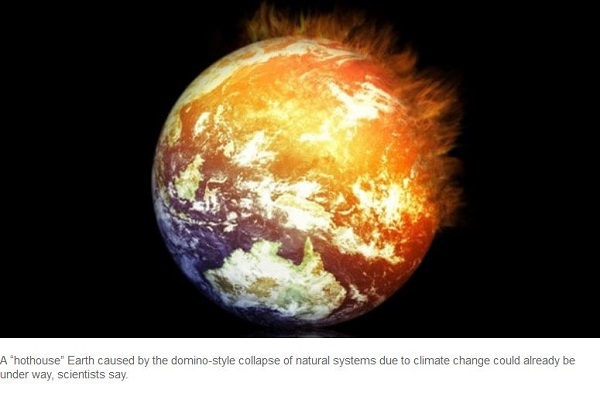
 ‘Tipping point’ is a metaphor, first used by science and the media about climate change from about 2005
‘Tipping point’ is a metaphor, first used by science and the media about climate change from about 2005 
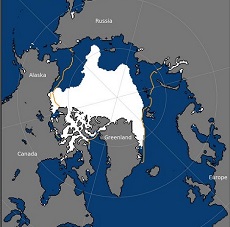 Arctic summer sea ice minimum was the
Arctic summer sea ice minimum was the 